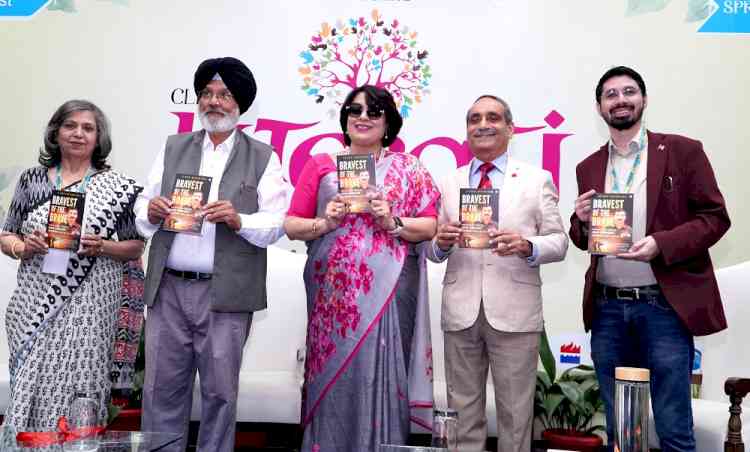Centre for Public Policy at IIMB hosts talk by Professor Michael Sandel on his new book ‘The Tyranny of Merit: What’s Become of Common Good?’
Taking questions from faculty and students, Dr Sandel debunks the myths surrounding a merit-based society and explains how it does not offer solutions to address inequality

Bengaluru: The Centre for Public Policy at IIM Bangalore hosted a virtual talk by Professor Michael Sandel, Harvard University, on Thursday (March 04), followed by an engaging discussion, on his new book, ‘The Tyranny of Merit: What’s Become of Common Good?’ The book is themed on ethics and diversity.
The students of the two-year full time MBA programme - Post Graduate Programme in Management (PGP) and the faculty, led by IIMB Director Professor Rishikesha T Krishnan enriched the discussion with their questions for Professor Sandel.
Professor Michael J Sandel said: “We live in an age of winners and losers, where the odds are stacked in favour of the already fortunate. Stalled social mobility and entrenched inequality give the lie to the promise that ‘you can make it if you try’.” And the consequence, he said, is a brew of anger and frustration that has fuelled populist protest. He explained that we must rethink the attitudes toward success and failure that have accompanied globalization and rising inequality. He highlighted the hubris a meritocracy generates among the winners and the harsh judgement it imposes on those left behind. He offered an alternative way of thinking about success – more attentive to the role of luck in human affairs, more conducive to an ethic of humility, and more hospitable to a politics of the common good.
Taking a question on what meritocracy is, Professor Sandel said we tend to think of merit as an ideal. “I do discuss who deserves what and why under the heading of merit. A few examples I give, in my book and in my talks, are of great sports figures who command huge prestige and money, but I am also engaged with those who deserve admission to universities. I do mean merit as a concept that comes up and is contested whenever we are trying to figure out who deserves what and why. The meritocracy of today has hardened into a kind of aristocracy.”
“In recent decades, the divide between winners and others has been deepening. It also has to do with the changing attitudes to success. Do we want a society that brings everyone up to the same starting point at the race and then says, let the race begin! Is that the image of a just society? I suggest that it isn’t. Some have had good coaches, good practice facilities, a special diet, special running shoes…even if they all had the same starting point. There is a lot of luck in who finished first even if they all strived equally hard,” Professor Sandel said. “We should not conclude that the winners, in sports, in academia or in the economy, have done it on their own,” he said, adding that the idea is not to prevent the fast runners from running fast but to get them to understand that the winnings are not theirs alone.
“Achievers should have humility and that humility should lead them to assume that the winnings are not theirs alone since they are indebted to luck, to their gifts and to the society that enabled them to enjoy those gifts. They should accept and embrace the idea that those winnings are not their alone and share those winnings with a wider society that made those winnings possible,” Professor Sandel said.


 cityairnews
cityairnews 







